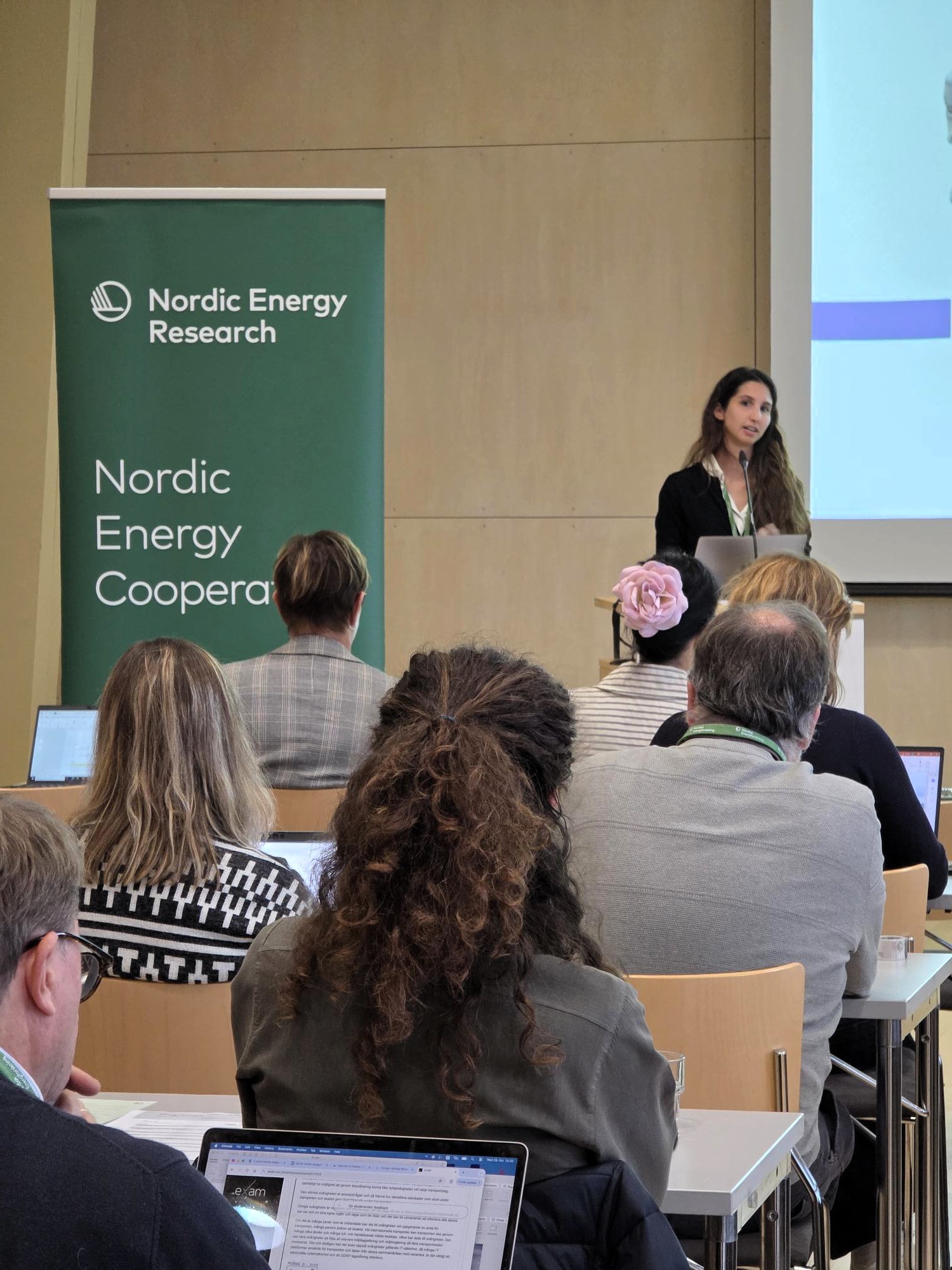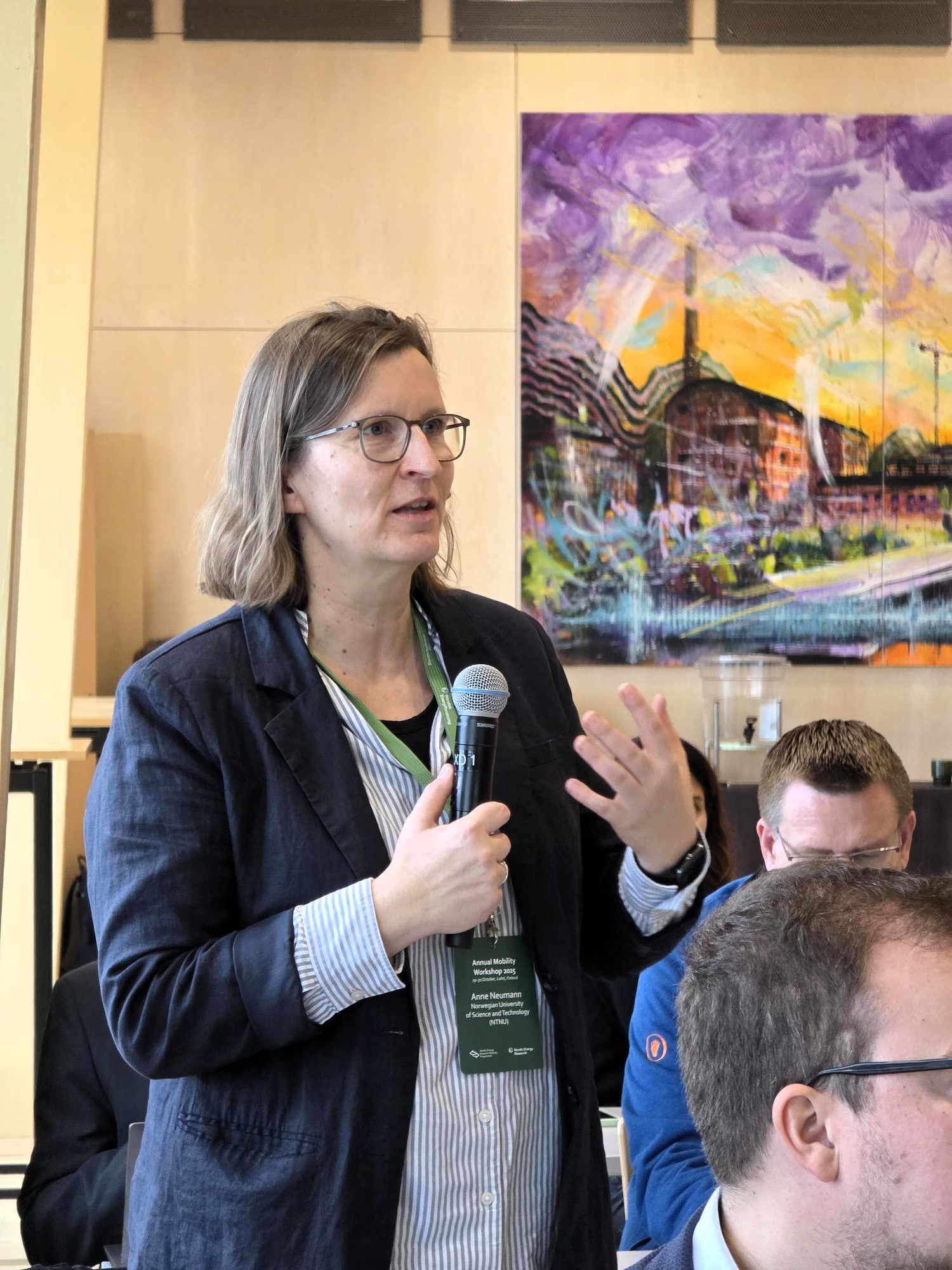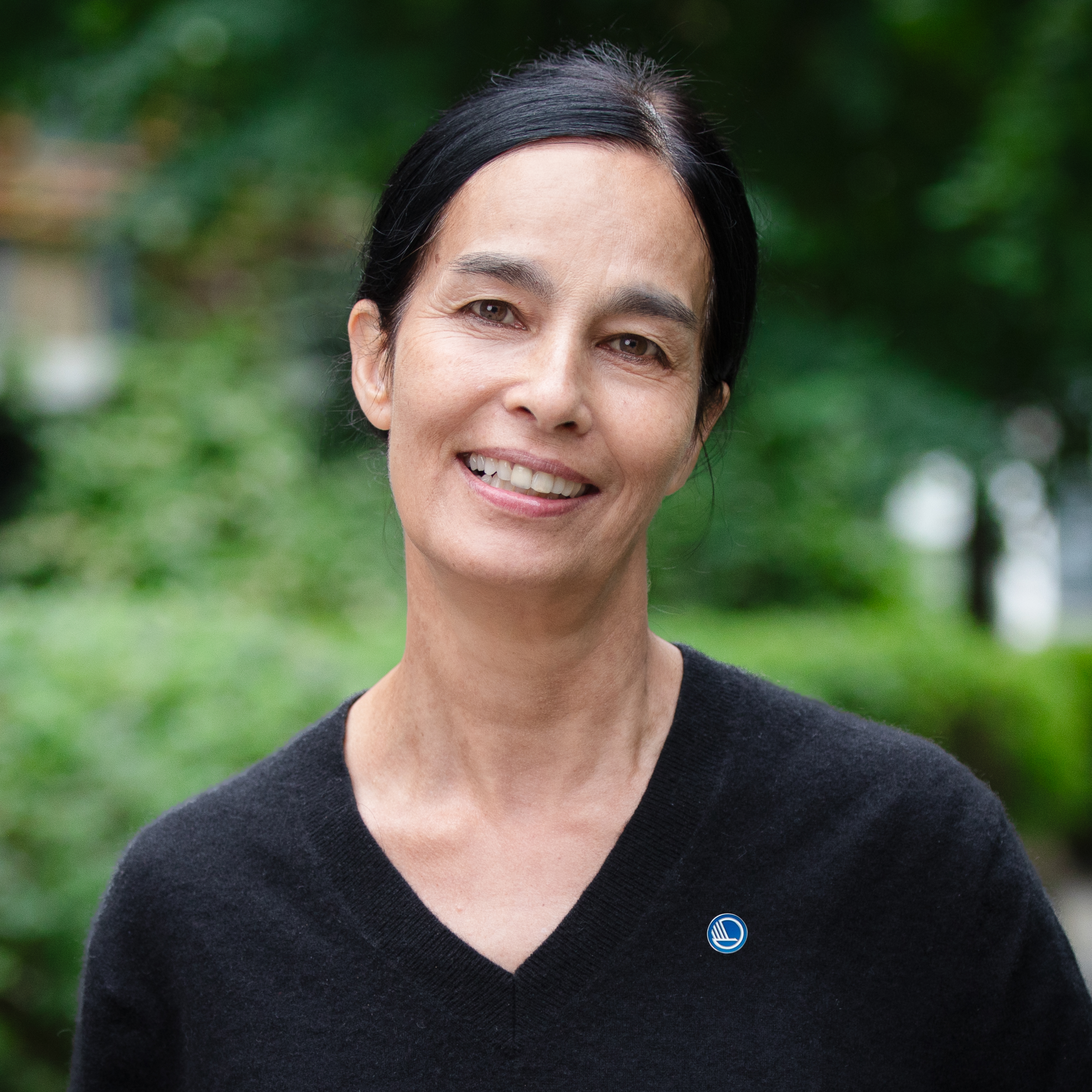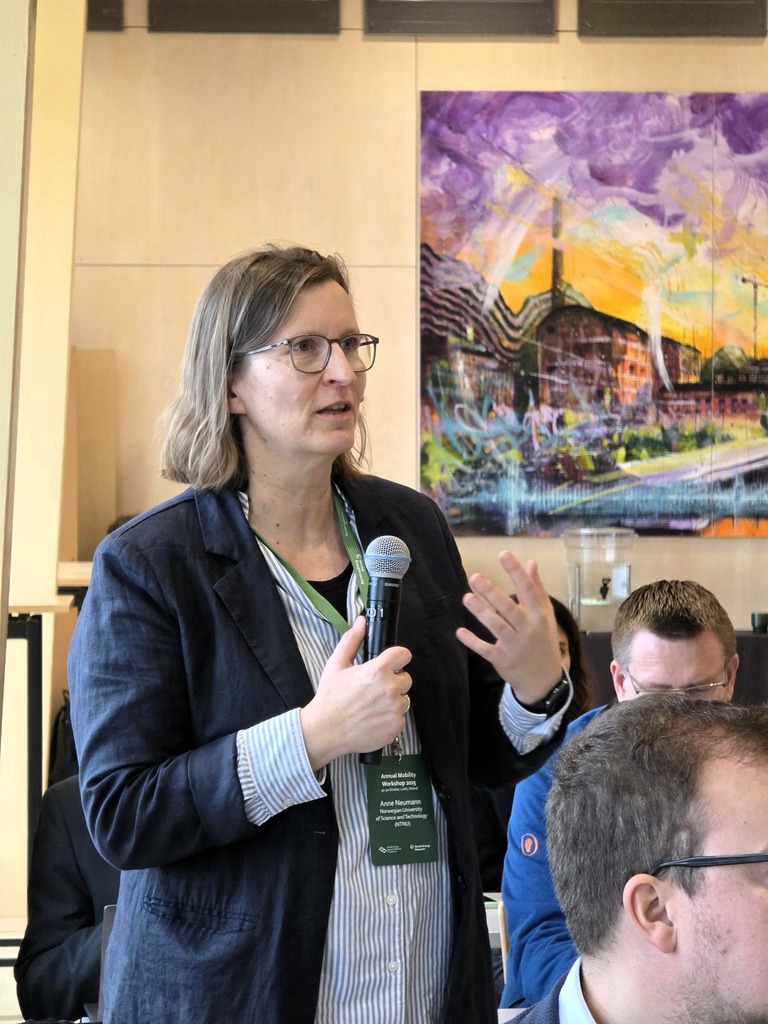
Great relationships make for great research
How can Nordic researchers with different areas of expertise contribute to common green energy goals? This question is at the core of our Nordic Energy Research Mobility Programme, which gathered…
How can Nordic researchers with different areas of expertise contribute to common green energy goals?
This question is at the core of our Nordic Energy Research Mobility Programme, which gathered PhD students and researchers across fields and regions for the Annual Mobility Workshop in October. During the workshop, participants explored ways of working together towards a sustinable energy future. The main takeaway from the discussions is that knowledge shared is knowledge doubled – and impact multiplied.
- Giulia Cosentino, Assistant Professor, Norwegian University of Science and Technology.
- Anne Neumann, Project Leader, Copenhagen Business School
Extending the scientific horizon
“Great relationships make for great research,” said Elvar Knútur Valsson, Head of Department, Nordic Energy Research, as he opened the workshop.
“We facilitate networking in order to share best practices, and that’s where you come in. Meeting face-to-face allows us to make the most of the personal connections that effective collaboration relies on,” he highlighted.
Following Elvar’s welcome speech, both ongoing and new projects in the Nordic Energy Research Mobility Programme gave presentations on the aims and progress of their work. By exchanging insights into different topics – such as the potential of a clean hydrogen market, law and governance aspects of offshore energy, and fire safety concerns in new energy technologies – the project partners were able to build on each other’s strengths.
Anne Neumann, Project Leader of NordNET, exemplified the added value generated through the programme.
“The interaction of topic experts in the network leads to the creation of more knowledge valuable to all societies. The majority of researchers involved in NordNET only got into lively exchange through the project. It gave PhDs the opportunity to extend their scientific horizon and collaborate with colleagues other than their own supervisors, and led to three common third-party funded research projects as spin-offs,” said Anne.
Furthermore, the NordNET project provided a boost in the visibility of the members’ work, not only in the Nordics but also on the European stage. This contributes to the visibility of the Nordic perspective, for instance on renewable fuels in the maritime sector.
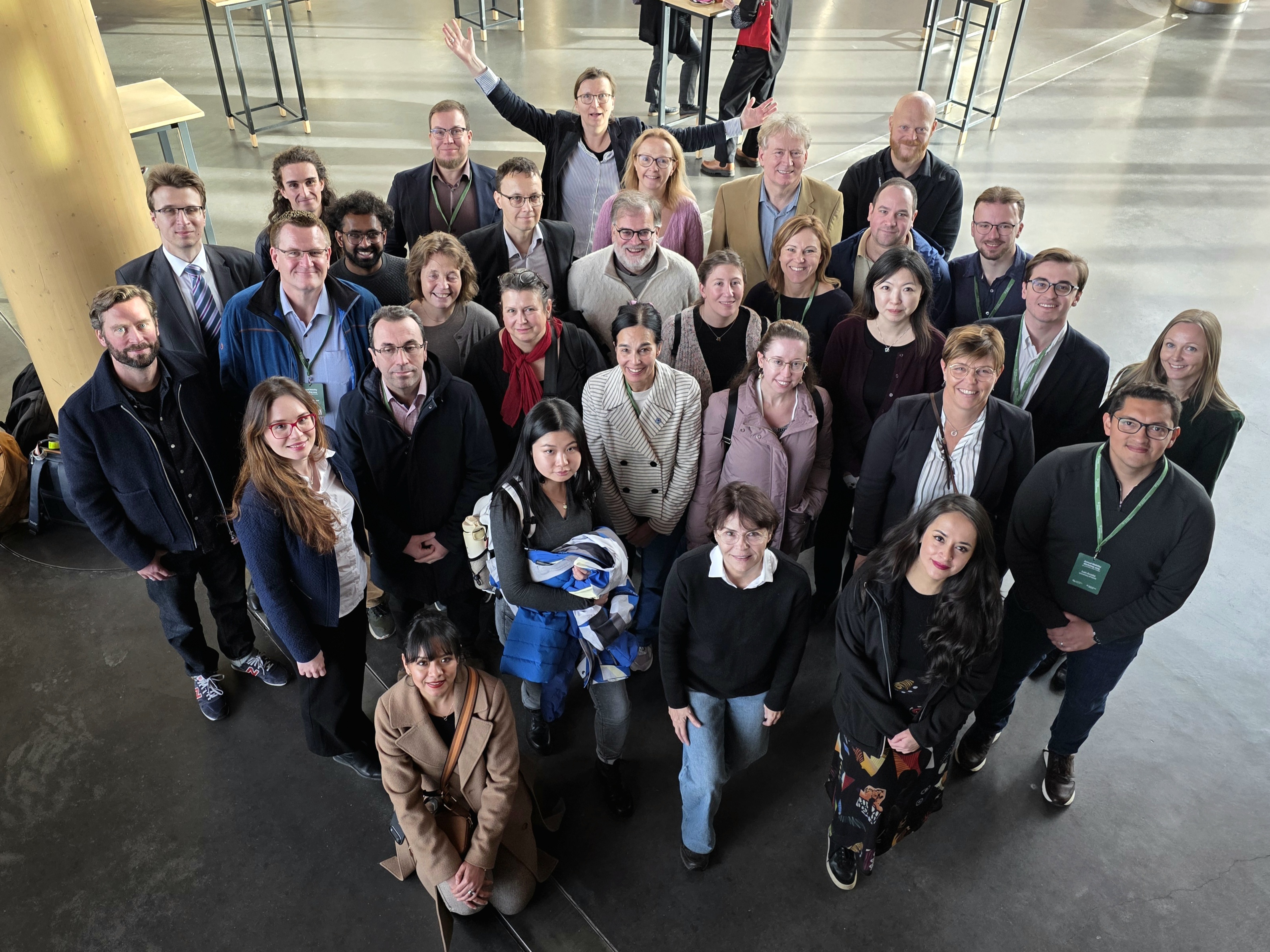
Combined intelligence
In addition to the project presentations, the workshop had two guest speakers addressing the challenges and opportunities of using articifial intelligence for knowledge development.
Giulia Cosentino, Assistant Professor, Norwegian University of Science and Technology, elaborated on what she called “the new hybrid” – the combination of artificial intelligence and human intelligence.
“We should collaborate and think about how we can create hybrid intelligence: combining the unique strengths of humans and AI,” said Giulia.
Cecilia Leveaux, Senior Adviser, Nordic Council of Ministers, gave a talk on Nordic collaboration on AI. By mobilising capacity and competence building across Nordic and Nordic-Baltic research communities, we can more effectively arrive at solutions for responsible implementation of AI.
Research is a feedback loop – learning is about giving and taking. Thereby, research projects can grow through funding from institutions like Nordic Energy Research, while Nordic Energy Research can grow through their funded projects. After two days of active workshopping, we would like to thank all participants for coming together to further develop their work. We look forward to seeing their projects progress and to continuing our joint efforts toward a more integrated Nordic research landscape.
Are you interested in mobility and networking opportunities within the Nordic Energy Research Mobility Programme? We currently have two open calls:

